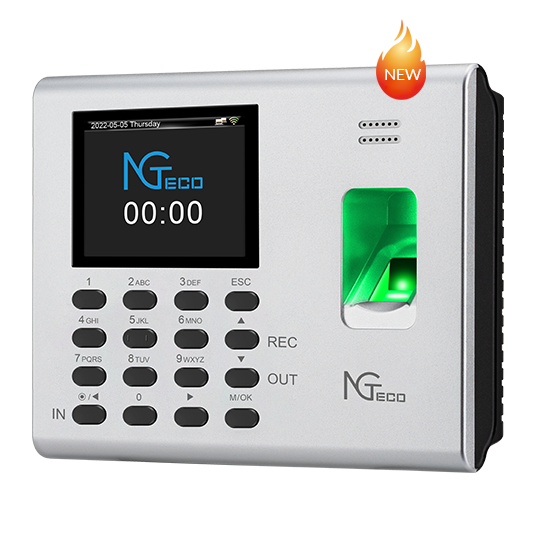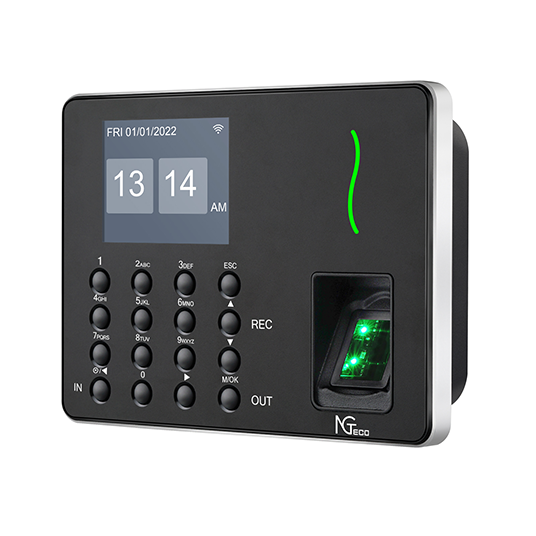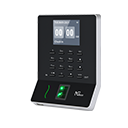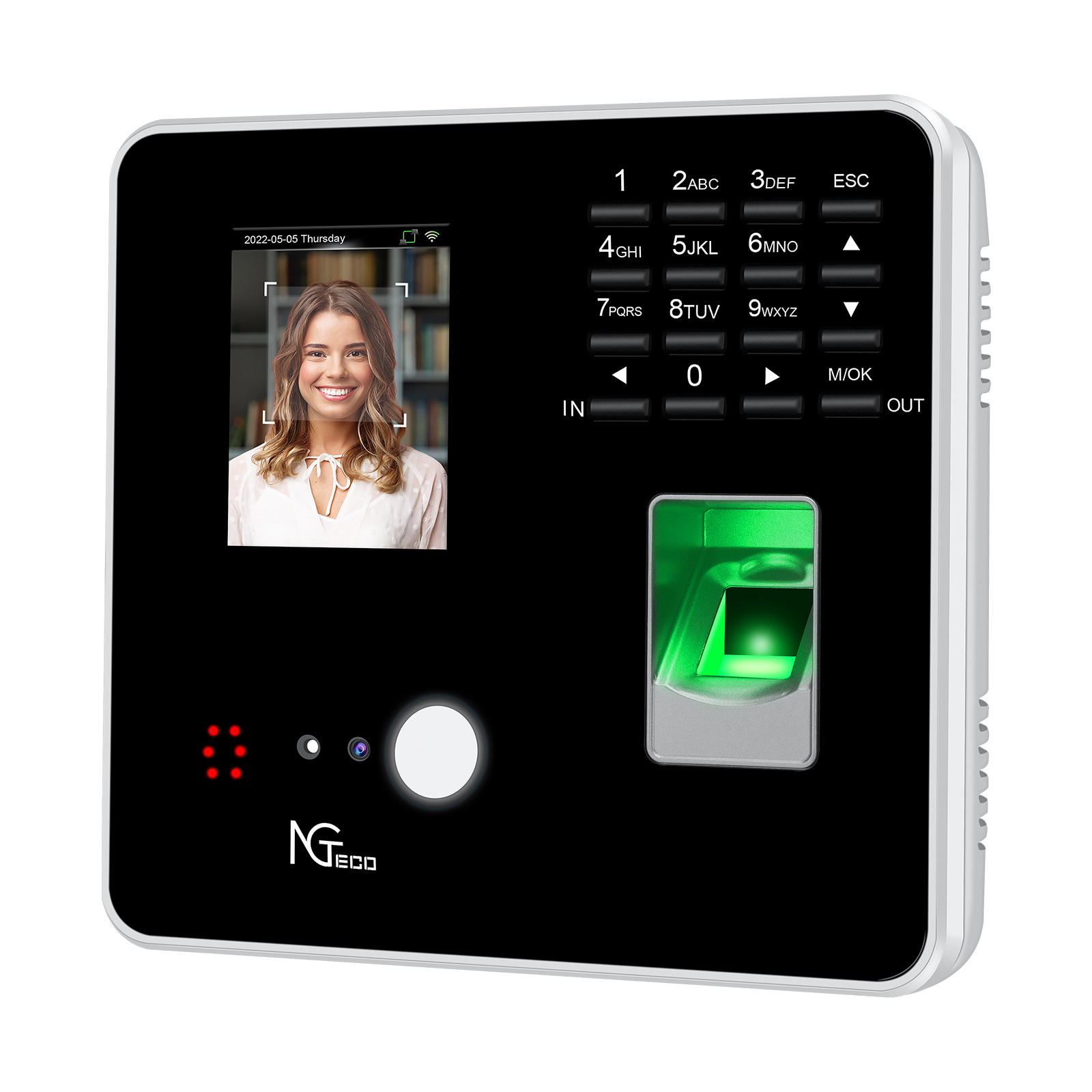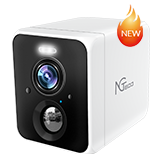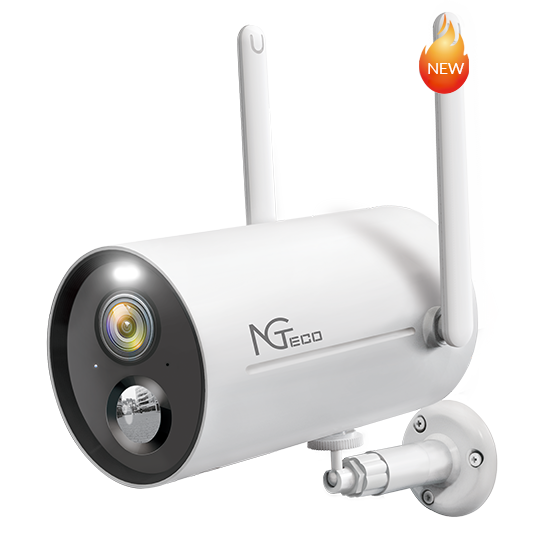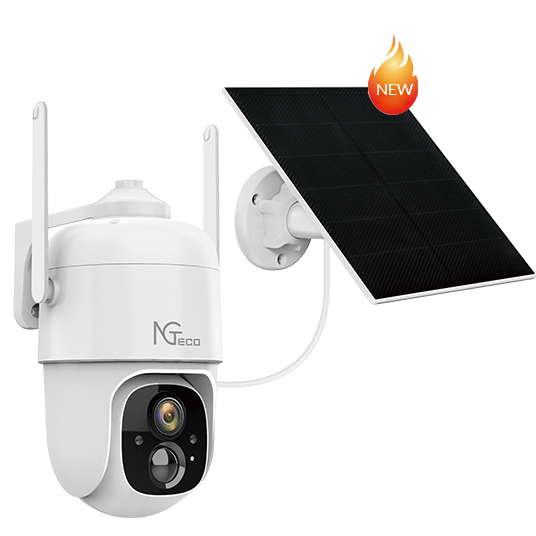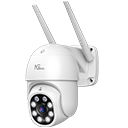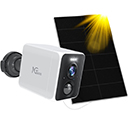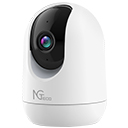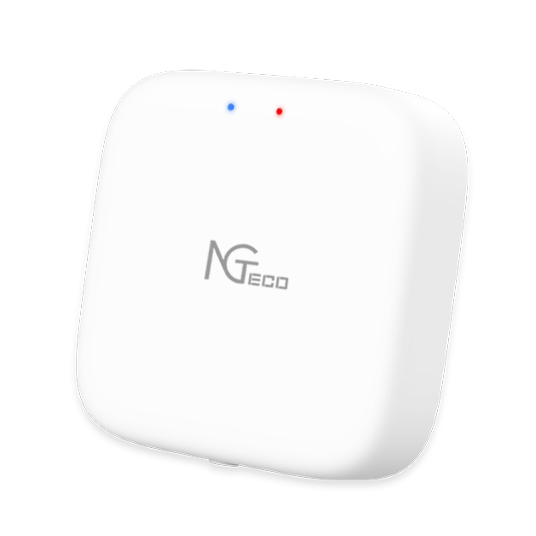This website uses cookies to store information on your device,Cookies can enhance your user experience and help our website work normally.
For more information,please read our cookie policy and privacy policy.
For more information,please read our cookie policy and privacy policy.
Accept
30-Day Money-Back Guarantee

Cloud Application
 2021-01-12
2021-01-12
Cloud Application
A cloud application, or cloud app, is a software program where cloud-based and local components work together. This model relies on remote servers for processing logic that is accessed through a web browser with a continual internet connection.
Cloud application servers typically are located in a remote data center operated by a third-party cloud services infrastructure provider. Cloud-based application tasks may encompass email, file storage and sharing, order entry, inventory management, word processing, customer relationship management (CRM), data collection, or financial accounting features.
Simplified operation. Infrastructure management can be outsourced to third-party cloud providers.
Instant scalability. As demand rises or falls, available capacity can be adjusted.
API use. Third-party data sources and storage services can be accessed with an application programming interface (API). Cloud applications can be kept smaller by using APIs to hand data to applications or API-based back-end services for processing or analytics computations, with the results handed back to the cloud application. Vetted APIs impose passive consistency that can speed development and yield predictable results.
Gradual adoption. Refactoring legacy, on-premises applications to a cloud architecture in steps, allows components to be implemented on a gradual basis.
Reduced costs. The size and scale of data centers run by major cloud infrastructure and service providers, along with competition among providers, has led to lower prices. Cloud-based applications can be less expensive to operate and maintain than equivalents on-premises installation.
Improved data sharing and security. Data stored on cloud services is instantly available to authorized users. Due to their massive scale, cloud providers can hire world-class security experts and implement infrastructure security measures that typically only large enterprises can obtain. Centralized data managed by IT operations personnel is more easily backed up on a regular schedule and restored should disaster recovery become necessary.
Cloud applications provide quick responsiveness and don't need to permanently reside on the local device. They can function offline, but can be updated online.
While under constant control, cloud applications don't always consume storage space on a computer or communications device. Assuming a reasonably fast internet connection, a well-written cloud application offers all the interactivity of a desktop application, along with the portability of a web application.
Article source:
https://searchcloudcomputing.techtarget.com/definition/cloud-application?_ga=2.256416715.1199085135.1611710922-186547907.1611710922
Cloud Application
A cloud application, or cloud app, is a software program where cloud-based and local components work together. This model relies on remote servers for processing logic that is accessed through a web browser with a continual internet connection.
Cloud application servers typically are located in a remote data center operated by a third-party cloud services infrastructure provider. Cloud-based application tasks may encompass email, file storage and sharing, order entry, inventory management, word processing, customer relationship management (CRM), data collection, or financial accounting features.
Benefits of cloud apps
Fast response to business needs. Cloud applications can be updated, tested and deployed quickly, providing enterprises with fast time to market and agility. This speed can lead to culture shifts in business operations.Simplified operation. Infrastructure management can be outsourced to third-party cloud providers.
Instant scalability. As demand rises or falls, available capacity can be adjusted.
API use. Third-party data sources and storage services can be accessed with an application programming interface (API). Cloud applications can be kept smaller by using APIs to hand data to applications or API-based back-end services for processing or analytics computations, with the results handed back to the cloud application. Vetted APIs impose passive consistency that can speed development and yield predictable results.
Gradual adoption. Refactoring legacy, on-premises applications to a cloud architecture in steps, allows components to be implemented on a gradual basis.
Reduced costs. The size and scale of data centers run by major cloud infrastructure and service providers, along with competition among providers, has led to lower prices. Cloud-based applications can be less expensive to operate and maintain than equivalents on-premises installation.
Improved data sharing and security. Data stored on cloud services is instantly available to authorized users. Due to their massive scale, cloud providers can hire world-class security experts and implement infrastructure security measures that typically only large enterprises can obtain. Centralized data managed by IT operations personnel is more easily backed up on a regular schedule and restored should disaster recovery become necessary.
How cloud apps work
Data is stored and compute cycles occur in a remote data center typically operated by a third-party company. A back end ensures uptime, security and integration and supports multiple access methods.Cloud applications provide quick responsiveness and don't need to permanently reside on the local device. They can function offline, but can be updated online.
While under constant control, cloud applications don't always consume storage space on a computer or communications device. Assuming a reasonably fast internet connection, a well-written cloud application offers all the interactivity of a desktop application, along with the portability of a web application.
Article source:
https://searchcloudcomputing.techtarget.com/definition/cloud-application?_ga=2.256416715.1199085135.1611710922-186547907.1611710922
Article Search
Recent Post

